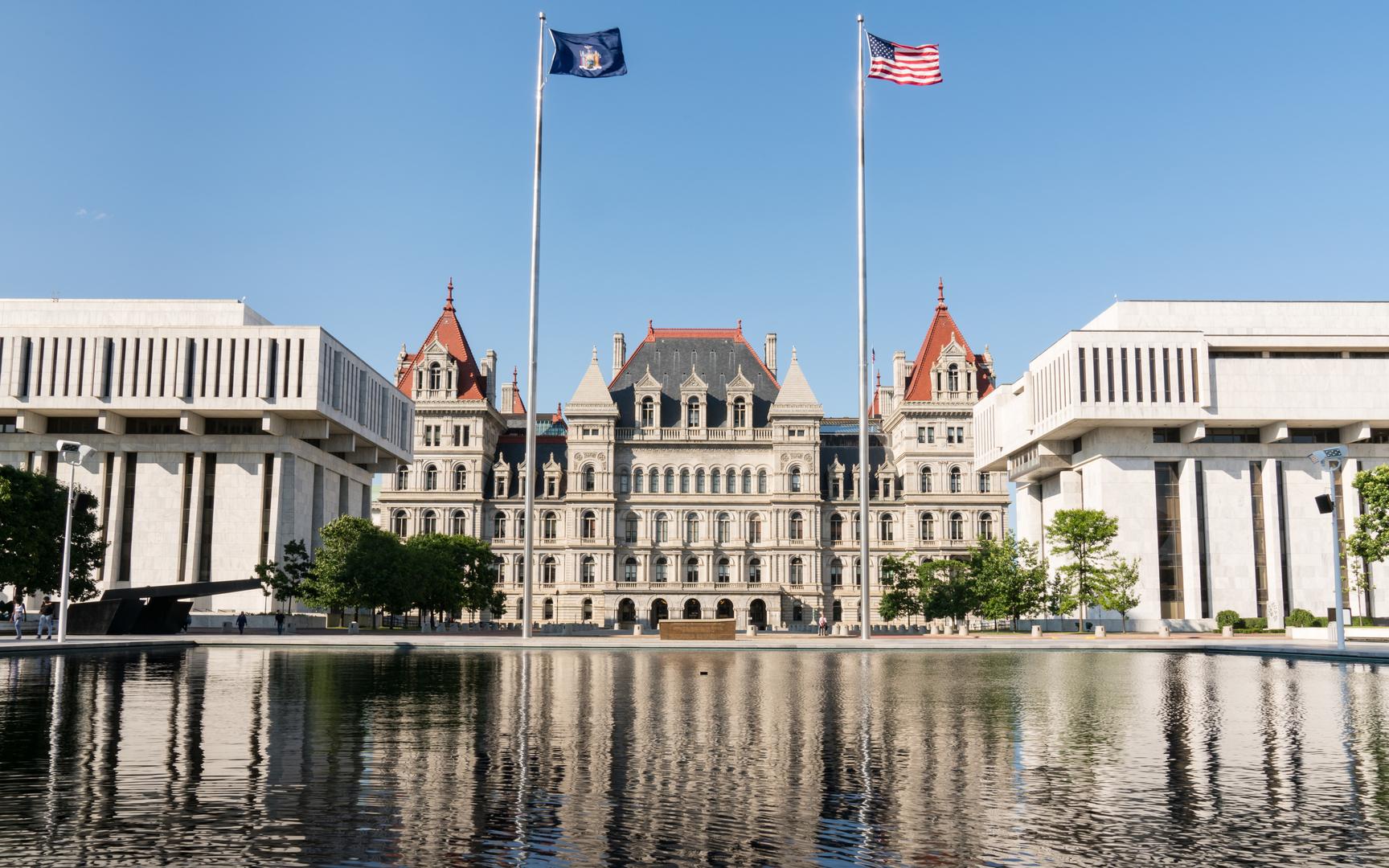The New York State enacted budget for fiscal year 2024 changes employers’ obligations by adding paid leave for prenatal care, converting unpaid break time for purposes of expressing breast milk into paid time, and incorporating a sunset date into the existing COVID-19 Paid Sick Leave law.
Paid Prenatal Leave
New York State is the first state to mandate paid prenatal leave. As part of an amendment to the state’s Paid Sick Leave law, effective Jan. 1, 2025, employers are required to provide 20 hours of paid prenatal personal leave (in a 52-week calendar period) to employees during their pregnancy for the purposes of healthcare services received related to such pregnancy. These services include physical examinations, medical procedures, monitoring and testing, and discussions with a healthcare provider related to the pregnancy.
Paid prenatal leave may be taken in hourly increments and will be paid at the employee’s regular rate of pay or the applicable minimum wage rate, whichever is greater. The law does not require payout of unused paid prenatal leave upon separation from employment. Paid prenatal leave is separate and apart from existing requirements under the state’s Paid Sick Leave law (and the New York City Earned Safe and Sick Time Act). To the extent an employee exhausts their paid prenatal leave entitlement, they may use their accrued paid sick leave for preventive healthcare, which includes prenatal care. There is no waiting period for usage or accrual of time for paid prenatal leave.
Paid Lactation Breaks
Additionally, on the heels of New York State’s Nursing Mothers in the Workplace Act (New York Labor Law § 206-c) and the PUMP for Nursing Mothers Act, the enacted budget provides 30 minutes of paid break time for expressing breast milk for the employee’s nursing child. Importantly, the update to Section 206-c of the New York Labor Law states that the employee is entitled to 30 minutes of paid break time in addition to the employee’s current ability to use existing paid break or mealtime for time in excess of 30 minutes. It is unclear whether the new paid break time will apply more than once daily. The amendment does not change the requirement to provide such reasonable time to express breast milk for up to three years following childbirth. The amendment further removes gendered language, acknowledging that not all nursing parents identify as female. This law goes into effect on June 19, 2024.
Although there is no word yet on whether this amendment will affect the contents of the required notices under the state’s Nursing Mothers in the Workplace Act, employers should be mindful of this requirement when implementing any policies and practices after the law’s effective date.
Sunset of COVID-19 Paid Sick Leave
The New York State COVID-19 Paid Sick Leave law (which is the only remaining state or local paid COVID-19 leave law in the country) requires employers to provide paid job-protected leave to employees who are subject to a mandatory or precautionary order of isolation or quarantine due to COVID-19. The law, originally enacted in March 2020, has never been amended and never contained an expiration date (nor did subsequent guidance provide any such date). The initial budget introduced by the governor had a sunset date of July 31, 2024. The approved budget provides a sunset date of July 31, 2025, at which time the law will be deemed repealed. As a reminder, employers’ obligations to provide COVID-19 Paid Sick Leave are in addition to existing obligations under the New York State Paid Sick Leave law and New York City Earned Safe and Sick Time Act. The length of leave and whether it is paid depends on the size of the employer’s workforce and the employer’s net annual income, as well as the circumstances of the employee’s isolation or quarantine period.
If you have any questions regarding these or other legislation affecting the workplace, please contact the Jackson Lewis attorney with whom you regularly work.
© Jackson Lewis P.C. This material is provided for informational purposes only. It is not intended to constitute legal advice nor does it create a client-lawyer relationship between Jackson Lewis and any recipient. Recipients should consult with counsel before taking any actions based on the information contained within this material. This material may be considered attorney advertising in some jurisdictions. Prior results do not guarantee a similar outcome.
Focused on employment and labor law since 1958, Jackson Lewis P.C.’s 1,000+ attorneys located in major cities nationwide consistently identify and respond to new ways workplace law intersects business. We help employers develop proactive strategies, strong policies and business-oriented solutions to cultivate high-functioning workforces that are engaged and stable, and share our clients’ goals to emphasize belonging and respect for the contributions of every employee. For more information, visit https://www.jacksonlewis.com.




